文章目录
- 前言
- 一、静态资源访问
- 二、静态资源访问前缀
- 三、webjar
- 资源处理的默认规则
- 四、welcome与favicon功能
- 1.欢迎页支持
- 欢迎页处理规则
- 2.自定义Favicon
- 五、补充
- 总结
前言
本文主要介绍关于SpringBoot中Web开发的简单功能。
一、静态资源访问
只要静态资源放在类路径下: called /static (or /public or /resources or /META-INF/resources
访问 : 当前项目根路径/ + 静态资源名
原理: 静态映射/**。
请求进来,先去找Controller看能不能处理。不能处理的所有请求又都交给静态资源处理器。静态资源也找不到则响应404页面
也可以改变默认的静态资源路径,/static,/public,/resources, /META-INF/resources失效。
resources:
static-locations: [classpath:/haha/]
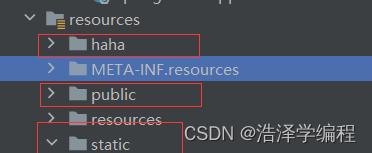
现在访问当前工程目录+haha.jpg:(http://localhost:8080/haha.jpg)
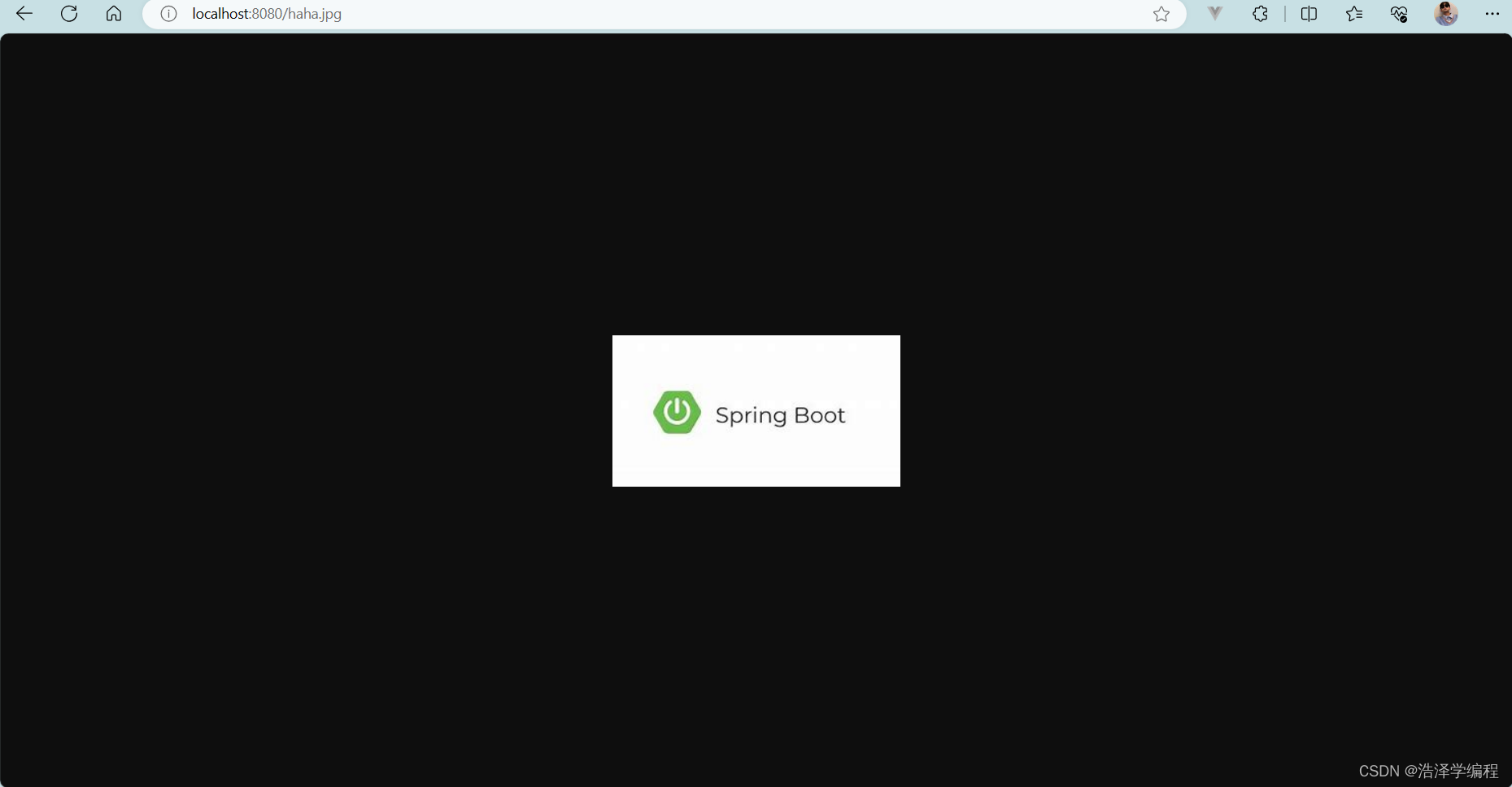
访问当前工程目录+c.jpg:(http://localhost:8080/c.jpg)
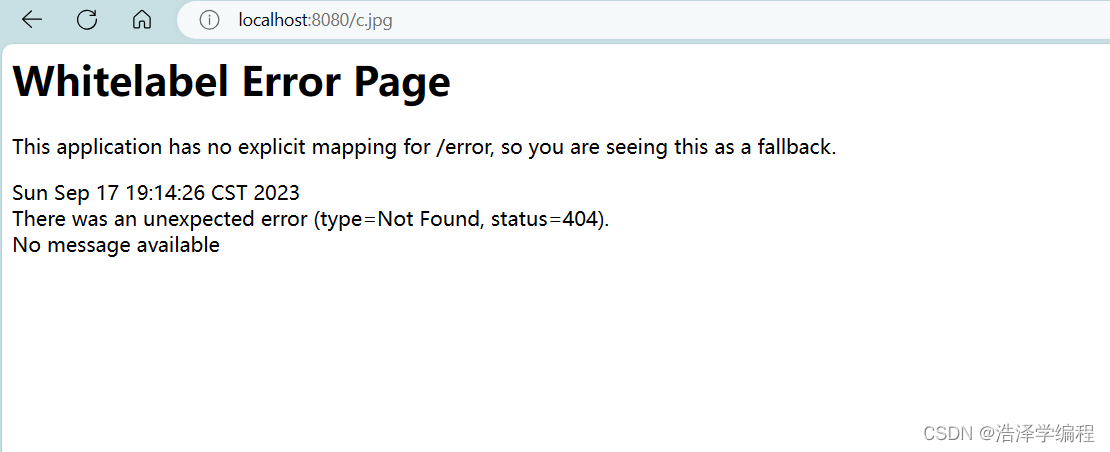
可以访问到这个图片,且访问static文件夹下的资源却页面报错说明静态资源路径修改成功。
我们深入源码看一下:
@ConfigurationProperties(prefix = "spring.resources", ignoreUnknownFields = false)
public class ResourceProperties {
private static final String[] CLASSPATH_RESOURCE_LOCATIONS = { "classpath:/META-INF/resources/",
"classpath:/resources/", "classpath:/static/", "classpath:/public/" };
/**
* Locations of static resources. Defaults to classpath:[/META-INF/resources/,
* /resources/, /static/, /public/].
*/
private String[] staticLocations = CLASSPATH_RESOURCE_LOCATIONS;
...
}
发现底层源码就是与前缀为spring.resources配置绑定,然后默认lasspath:/META-INF/resources/","classpath:/resources/", "classpath:/static/", "classpath:/public/"等为静态资源路径。所以我们改变静态资源路径也应该从spring.resources.classpath修改,这就是上诉修改的原理。
二、静态资源访问前缀
spring:
mvc:
static-path-pattern: /res/**
此时的静态资源访问就是:当前项目 + static-path-pattern + 静态资源名 = 静态资源文件夹下找
例:http://localhost:8080/res/a.jpg
三、webjar
可用jar方式添加css,js等资源文件。
webjar官网
例如,添加jquery
<dependency>
<groupId>org.webjars</groupId>
<artifactId>jquery</artifactId>
<version>3.6.4</version>
</dependency>
项目启动后,访问地址:http://localhost:8080/webjars/jquery/3.5.1/jquery.js
后面地址要按照依赖里面的包路径。(你们可能不是)
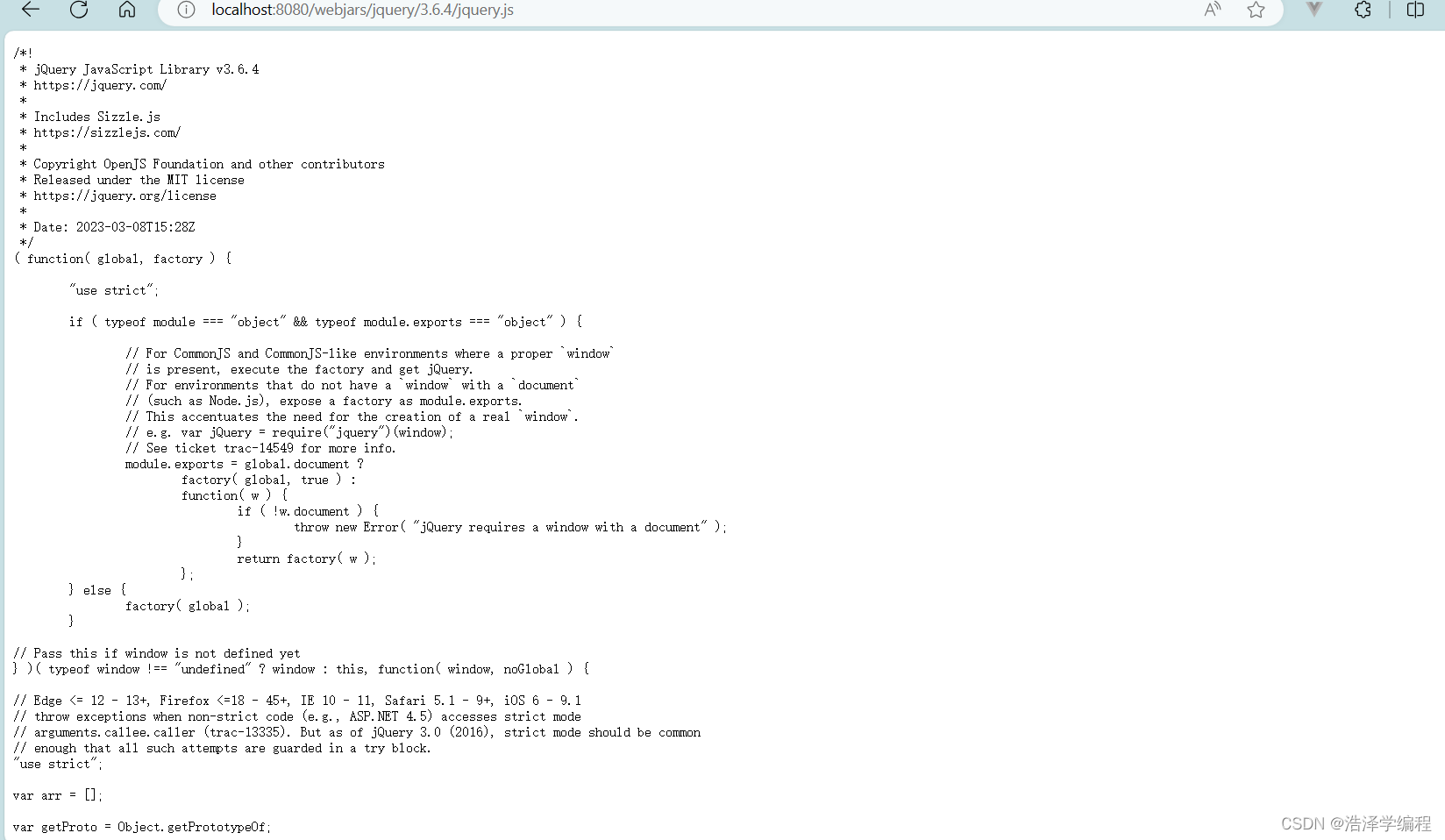
资源处理的默认规则
@Override
public void addResourceHandlers(ResourceHandlerRegistry registry) {
if (!this.resourceProperties.isAddMappings()) {
logger.debug("Default resource handling disabled");
return;
}
Duration cachePeriod = this.resourceProperties.getCache().getPeriod();
CacheControl cacheControl = this.resourceProperties.getCache().getCachecontrol().toHttpCacheControl();
//webjars的规则
if (!registry.hasMappingForPattern("/webjars/**")) {
customizeResourceHandlerRegistration(registry.addResourceHandler("/webjars/**")
.addResourceLocations("classpath:/META-INF/resources/webjars/")
.setCachePeriod(getSeconds(cachePeriod)).setCacheControl(cacheControl));
}
//
String staticPathPattern = this.mvcProperties.getStaticPathPattern();
if (!registry.hasMappingForPattern(staticPathPattern)) {
customizeResourceHandlerRegistration(registry.addResourceHandler(staticPathPattern)
.addResourceLocations(getResourceLocations(this.resourceProperties.getStaticLocations()))
.setCachePeriod(getSeconds(cachePeriod)).setCacheControl(cacheControl));
}
}
根据上述代码,我们可以同过配置禁止所有静态资源规则:
spring:
# mvc:
# static-path-pattern: /res/**
resources:
add-mappings: false # 禁用所有静态资源规则
四、welcome与favicon功能
1.欢迎页支持
- 静态资源路径下 index.html。(项目启动后,默认访问项目路径就自动加载静态资源文件夹下的index.html)

- 可以配置静态资源路径
- 但是不可以配置静态资源的访问前缀。否则导致 index.html不能被默认访问
spring:
# mvc:
# static-path-pattern: /res/** 这个会导致welcome page功能失效
resources:
static-locations: [classpath:/haha/]
- controller能处理/index。
欢迎页处理规则
HandlerMapping:处理器映射。保存了每一个Handler能处理哪些请求。
@Bean
public WelcomePageHandlerMapping welcomePageHandlerMapping(ApplicationContext applicationContext,
FormattingConversionService mvcConversionService, ResourceUrlProvider mvcResourceUrlProvider) {
WelcomePageHandlerMapping welcomePageHandlerMapping = new WelcomePageHandlerMapping(
new TemplateAvailabilityProviders(applicationContext), applicationContext, getWelcomePage(),
this.mvcProperties.getStaticPathPattern());
welcomePageHandlerMapping.setInterceptors(getInterceptors(mvcConversionService, mvcResourceUrlProvider));
welcomePageHandlerMapping.setCorsConfigurations(getCorsConfigurations());
return welcomePageHandlerMapping;
}
//WelcomePageHandlerMapping的构造方法如下:
WelcomePageHandlerMapping(TemplateAvailabilityProviders templateAvailabilityProviders,
ApplicationContext applicationContext, Optional<Resource> welcomePage, String staticPathPattern) {
if (welcomePage.isPresent() && "/**".equals(staticPathPattern)) {
//要用欢迎页功能,必须是/**路径
logger.info("Adding welcome page: " + welcomePage.get());
setRootViewName("forward:index.html");
}
else if (welcomeTemplateExists(templateAvailabilityProviders, applicationContext)) {
// 调用Controller /index
logger.info("Adding welcome page template: index");
setRootViewName("index");
}
}
从构造方法中可以看出欢迎页效果必须满足路径是/**,这也就是为什么设置静态资源前缀后,欢迎页失效的原因:底层要求路径是/**,设置静态资源前缀后,路径变成/static-path-pattern/**。
2.自定义Favicon
就是网页标签上的小图标

favicon.ico 放在静态资源目录下即可。
spring:
# mvc:
# static-path-pattern: /res/** 这个会导致 Favicon 功能失效

五、补充
- SpringBoot启动默认加载 xxxAutoConfiguration 类(自动配置类)
- SpringMVC功能的自动配置类
WebMvcAutoConfiguration,生效
@Configuration(proxyBeanMethods = false)
@ConditionalOnWebApplication(type = Type.SERVLET)
@ConditionalOnClass({ Servlet.class, DispatcherServlet.class, WebMvcConfigurer.class })
@ConditionalOnMissingBean(WebMvcConfigurationSupport.class)
@AutoConfigureOrder(Ordered.HIGHEST_PRECEDENCE + 10)
@AutoConfigureAfter({ DispatcherServletAutoConfiguration.class, TaskExecutionAutoConfiguration.class,
ValidationAutoConfiguration.class })
public class WebMvcAutoConfiguration {
...
}
- 给容器中配置的内容:
- 配置文件的相关属性的绑定:WebMvcProperties==spring.mvc、ResourceProperties==spring.resources
@Configuration(proxyBeanMethods = false)
@Import(EnableWebMvcConfiguration.class)
@EnableConfigurationProperties({ WebMvcProperties.class, ResourceProperties.class })
@Order(0)
public static class WebMvcAutoConfigurationAdapter implements WebMvcConfigurer {
...
}
配置类只有一个有参构造器
有参构造器所有参数的值都会从容器中确定
public WebMvcAutoConfigurationAdapter(WebProperties webProperties, WebMvcProperties mvcProperties,
ListableBeanFactory beanFactory, ObjectProvider<HttpMessageConverters> messageConvertersProvider,
ObjectProvider<ResourceHandlerRegistrationCustomizer> resourceHandlerRegistrationCustomizerProvider,
ObjectProvider<DispatcherServletPath> dispatcherServletPath,
ObjectProvider<ServletRegistrationBean<?>> servletRegistrations) {
this.mvcProperties = mvcProperties;
this.beanFactory = beanFactory;
this.messageConvertersProvider = messageConvertersProvider;
this.resourceHandlerRegistrationCustomizer = resourceHandlerRegistrationCustomizerProvider.getIfAvailable();
this.dispatcherServletPath = dispatcherServletPath;
this.servletRegistrations = servletRegistrations;
this.mvcProperties.checkConfiguration();
}
- ResourceProperties resourceProperties;获取和spring.resources绑定的所有的值的对象
- WebMvcProperties mvcProperties 获取和spring.mvc绑定的所有的值的对象
- ListableBeanFactory beanFactory Spring的beanFactory
- HttpMessageConverters 找到所有的HttpMessageConverters
- ResourceHandlerRegistrationCustomizer 找到 资源处理器的自定义器。
- DispatcherServletPath
- ServletRegistrationBean 给应用注册Servlet、Filter…
总结
以上就是SpringBoot关于web开发的一些静态资源讲解。

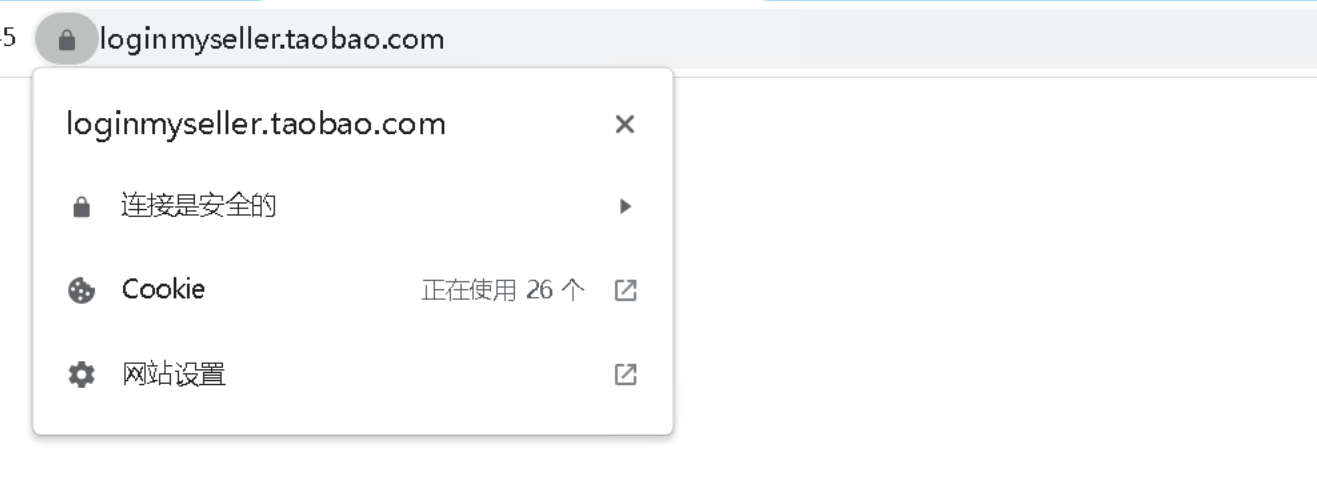
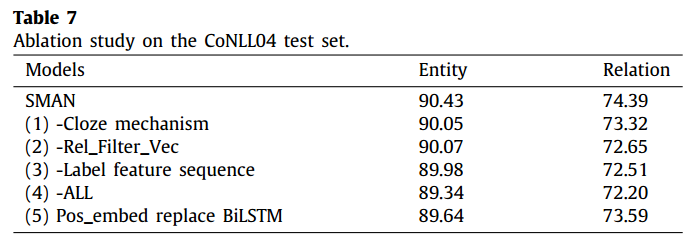

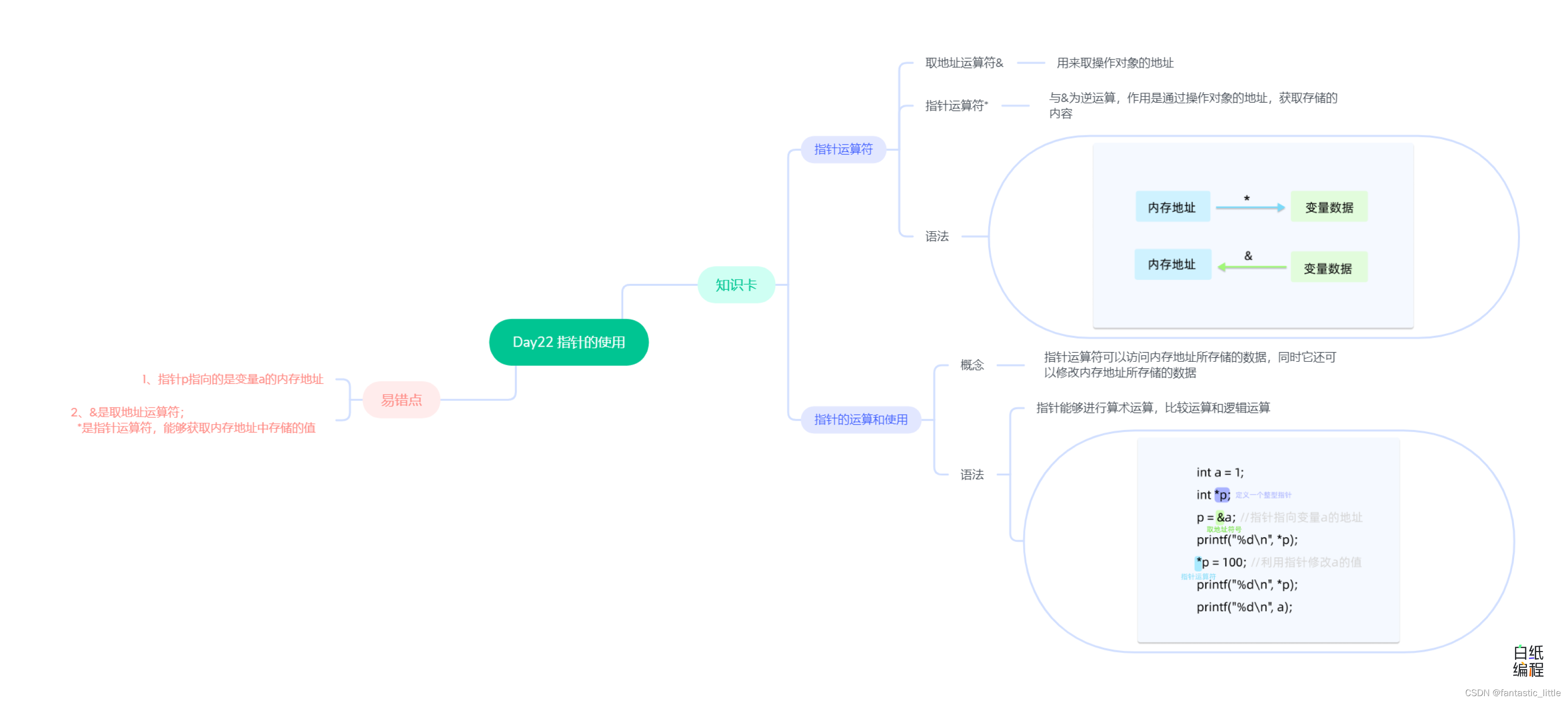

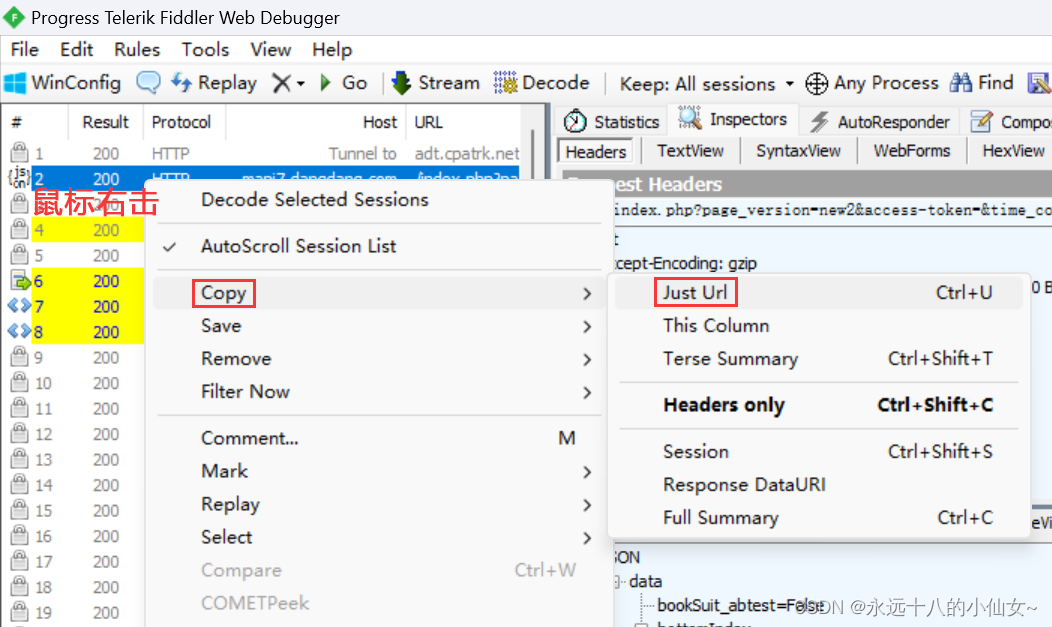
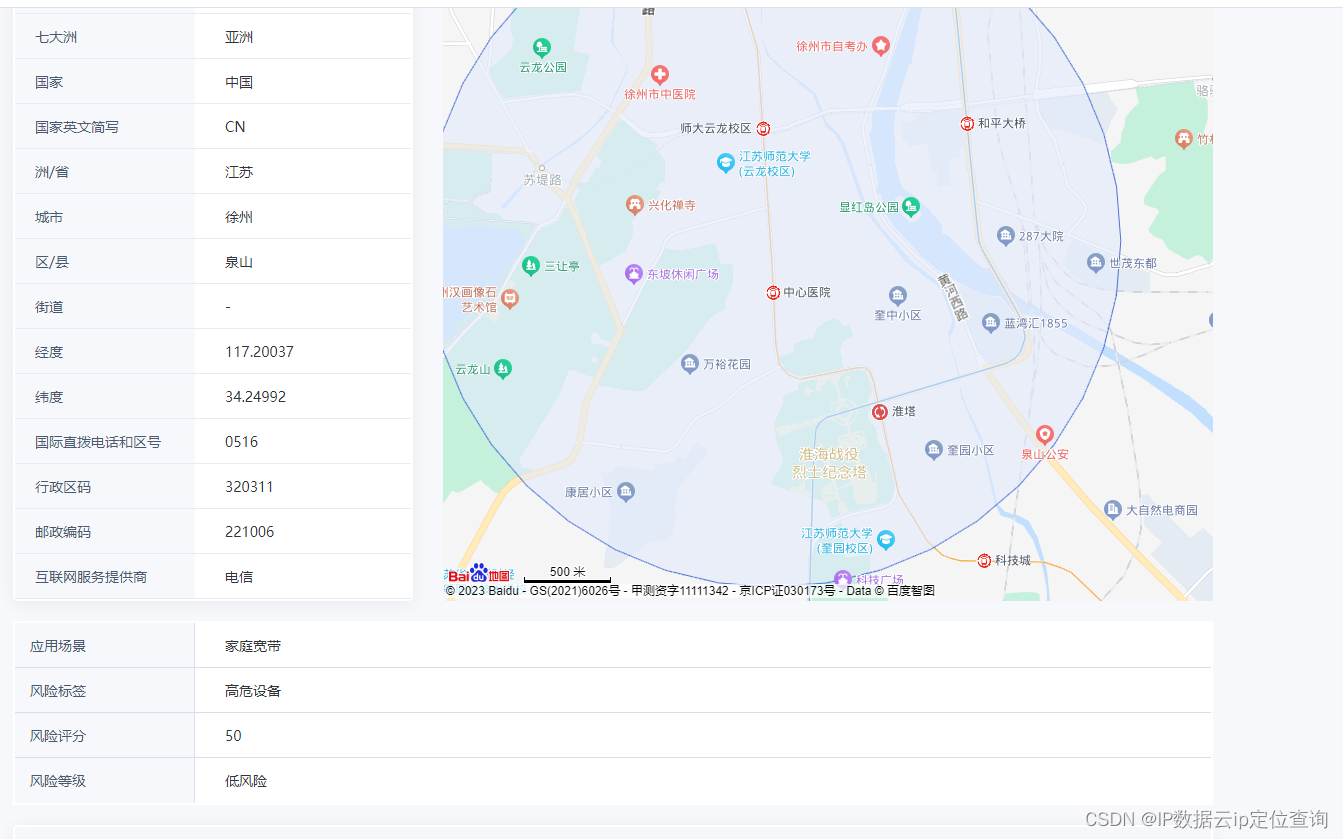

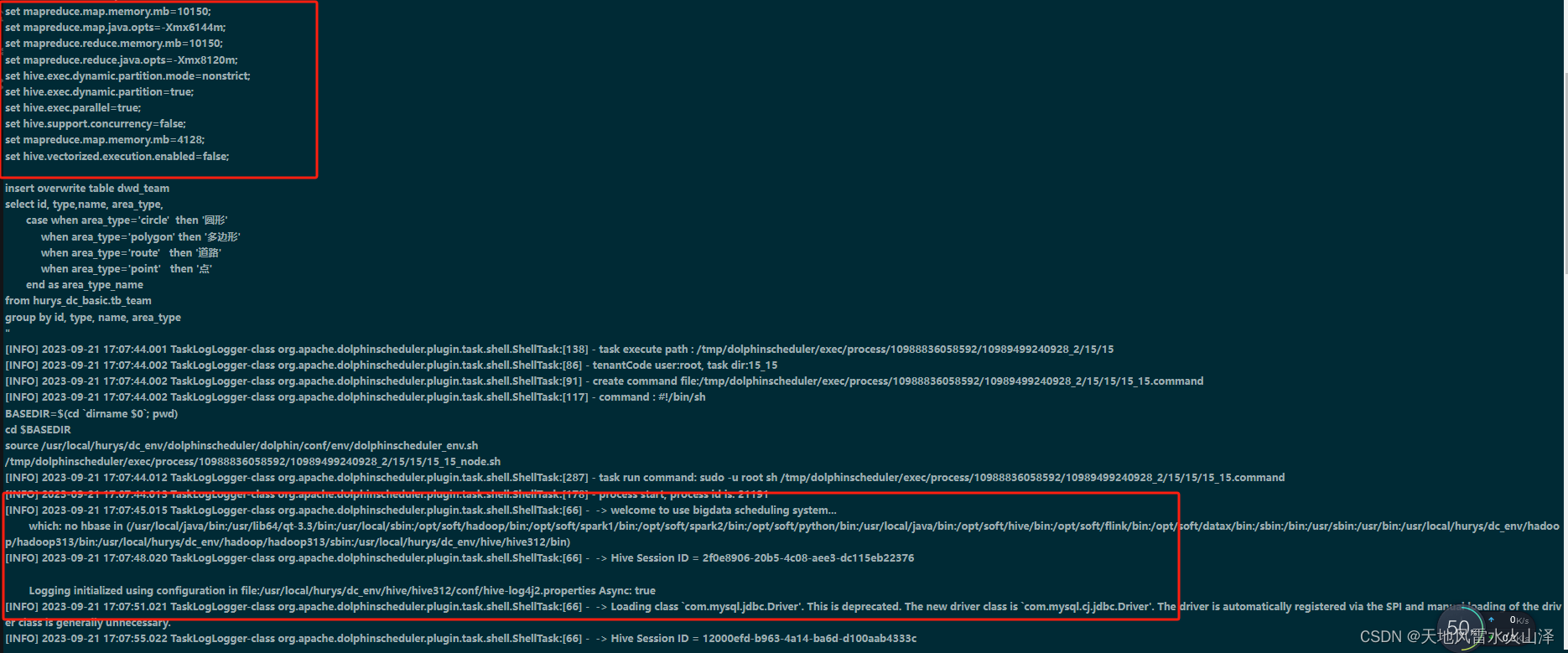
![[Git入门]---gitee注册及代码提交](https://img-blog.csdnimg.cn/893e5841d7e545b1bba839e9cc795b53.png)

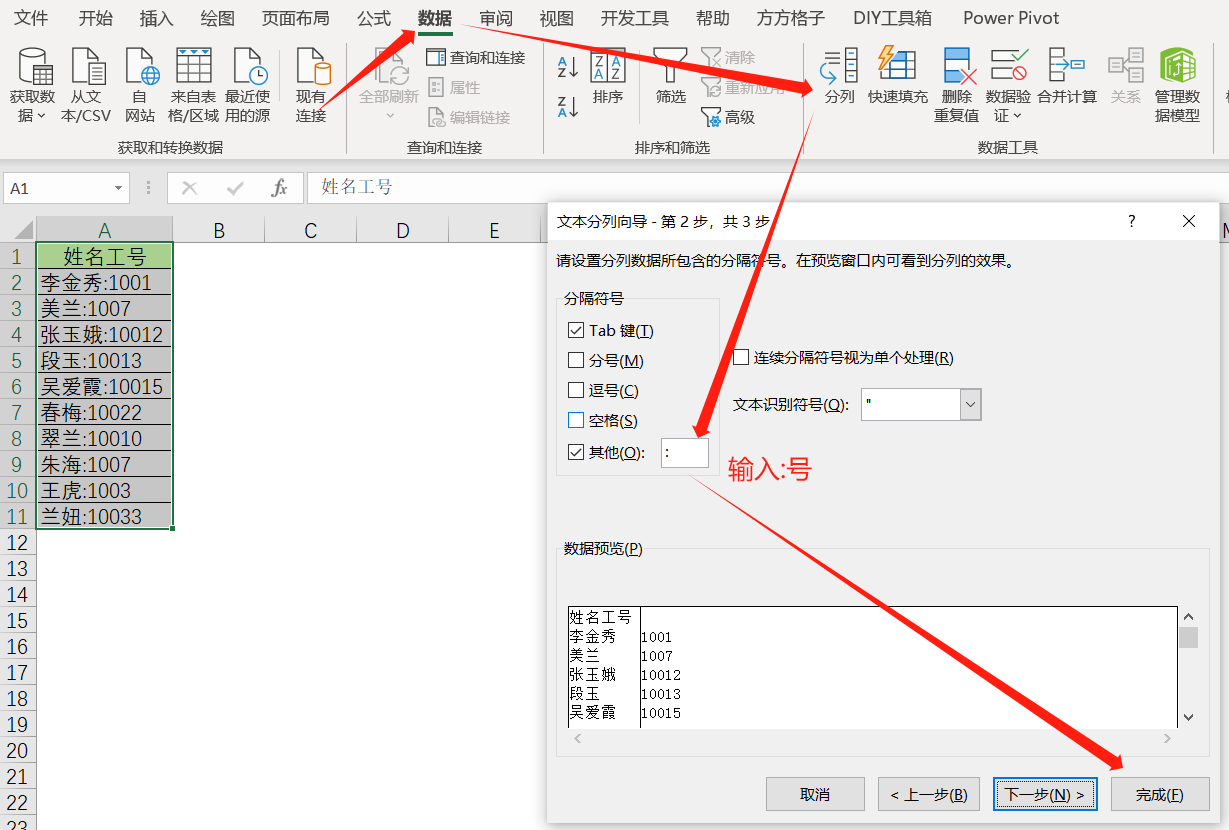
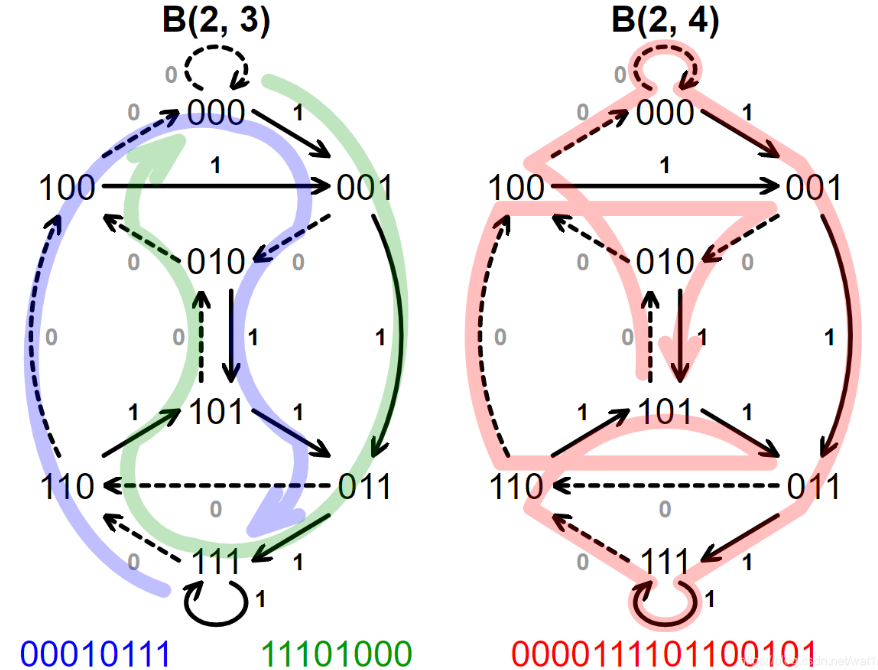


![[Linux入门]---Linux编译器gcc/g++使用](https://img-blog.csdnimg.cn/33b8c54b0a98445eb6336c3a9053914d.png)


![[LLM+AIGC] 01.应用篇之中文ChatGPT初探及利用ChatGPT润色论文对比浅析(文心一言 | 讯飞星火)](https://img-blog.csdnimg.cn/884dddb999f9445187be8174b7f6b9e3.jpeg#pic_center)